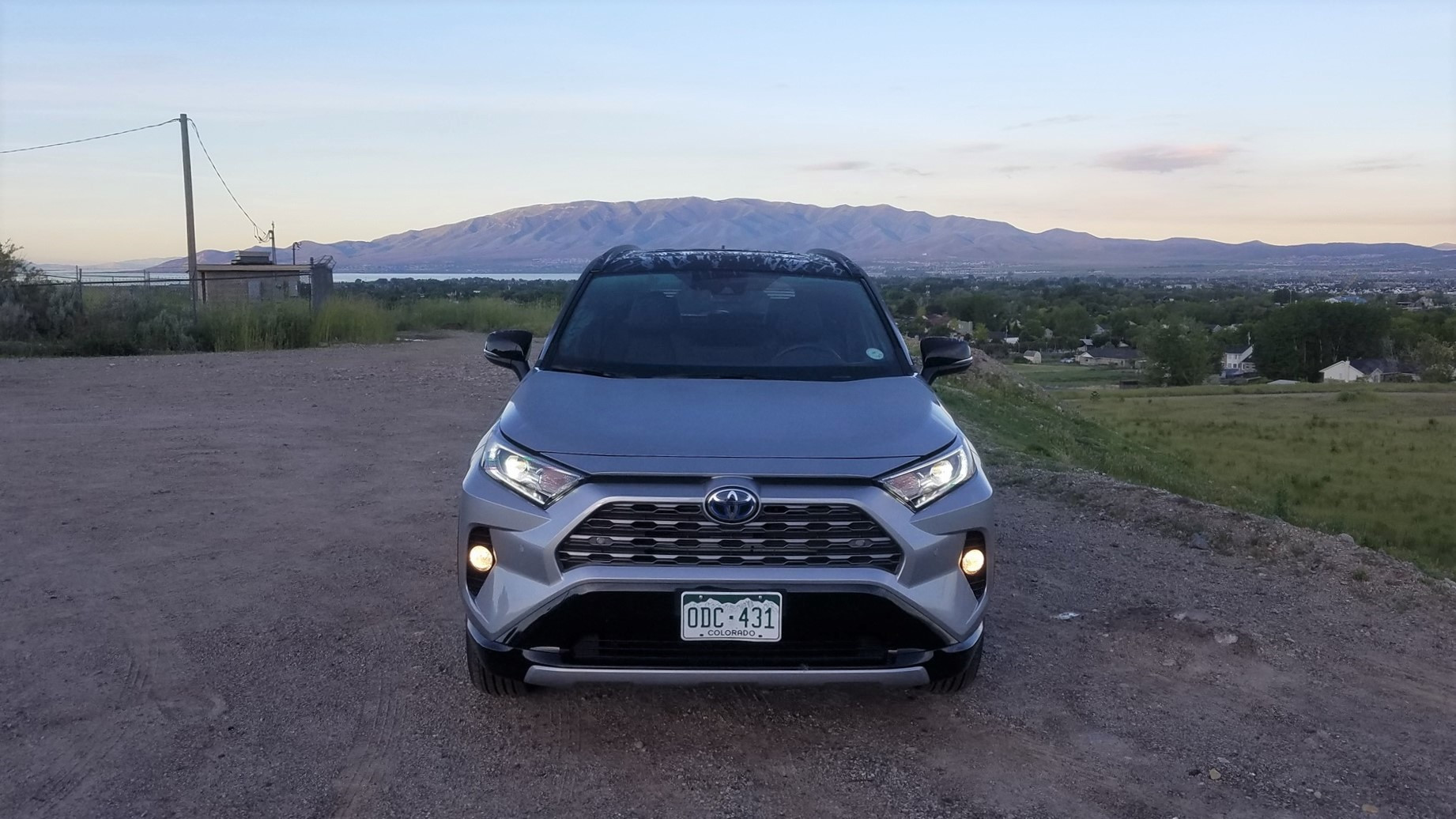Cars make for a convenient way to get where you want to go without waiting on a bus, rideshare car or train or worrying about the risk of being hit while riding on an electric scooter. That said, cars can become a bit of an inconvenience when it comes to the money involved with taking proper care of them. To give your wallet a bit of relief without sacrificing on the quality of parts and fluids you put into your car, here are some ways to save on the overall cost of car maintenance.
Become Friends With Your Mechanic
Once you find an auto repair shop or mechanic you feel most comfortable with, forge a relationship with them. When you become a regular customer, not only are you likely to become a favorite, you may even be able to score some free or discounted work here and there. Recommend your mechanic or auto shop to your friends and family, and let the shop know. If you have yet to find a regular mechanic or shop, look for one that has great reviews, has worked on your make and model of vehicle before, is well-experienced, and is currently certified by either ASE or AAA.
Read Your Owner’s Manual
Before taking your vehicle in for an oil change or any other type of regular maintenance, consult the owner’s manual. You may not need an oil change just yet, despite what the auto shop windshield sticker says. Also, double-check what kind of oil and fluids are best for your make and model of vehicle. Not all auto shops and mechanics are on your side; some of them care more about getting your money than gaining your trust.
Ask Around
When you learn you need something more than regular maintenance, such as transmission repair or auto air conditioning repair, get a second opinion before you pull the trigger. Asking around gives you the peace of mind that comes with knowing you’re getting the best price. That said, know that the least expensive quote is not always the best. The reason the quote is so low could be that the quality of the parts used is also low.
Think Twice About Tune-Ups
Depending on the age of your car, it may not need a tune-up. Usually, newer cars have sophisticated computers inside of them that make traditional tune-ups obsolete. Should you ever hear your vehicle needs a tune-up, ask for the specifics of what that entails, and compare that to the maintenance schedule in your owner’s manual. This most certainly isn’t to suggest your car won’t ever need spark plug or oil filter replacement, just that some auto shops may try to charge you more for those services by referring to them as a tune-up.
Look Into Used Parts
Just as a used car can make for a great investment, the same is true of used auto parts. Once you’ve verified that you do, in fact, need a repair or replacement, ask if there are any viable used parts you can use. Just like with getting second opinions on needed repairs, bear in mind that the least expensive used parts aren’t always the best. Focus more on quality, so you don’t spend more money than necessary down the line.
Take Care of Your Tires
You may never realize how expensive tires are until you need new ones. Ensure the ones you have now last for as many miles as possible by keeping them properly inflated and rotated. The season determines the proper pressure for your tires, and it’s best to rotate them with every other oil change.
You don’t have to go broke taking great care of your car. Put these tips to good use and your current vehicle is sure to last you for miles and miles to come.

CRD Auto Industry Insider may contain helpful and on-topic partner content that auto enthusiasts and car shoppers find valuable.










